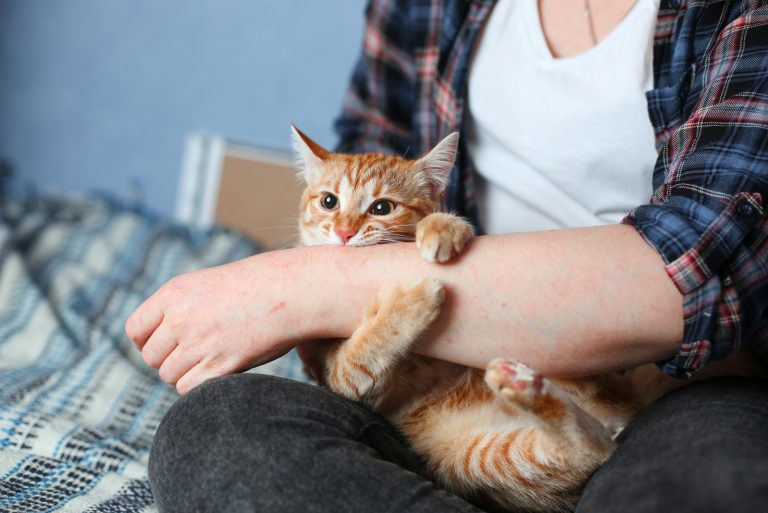California Dog Hotel Hit With $150,000 Settlement After Troubling Safety Claims
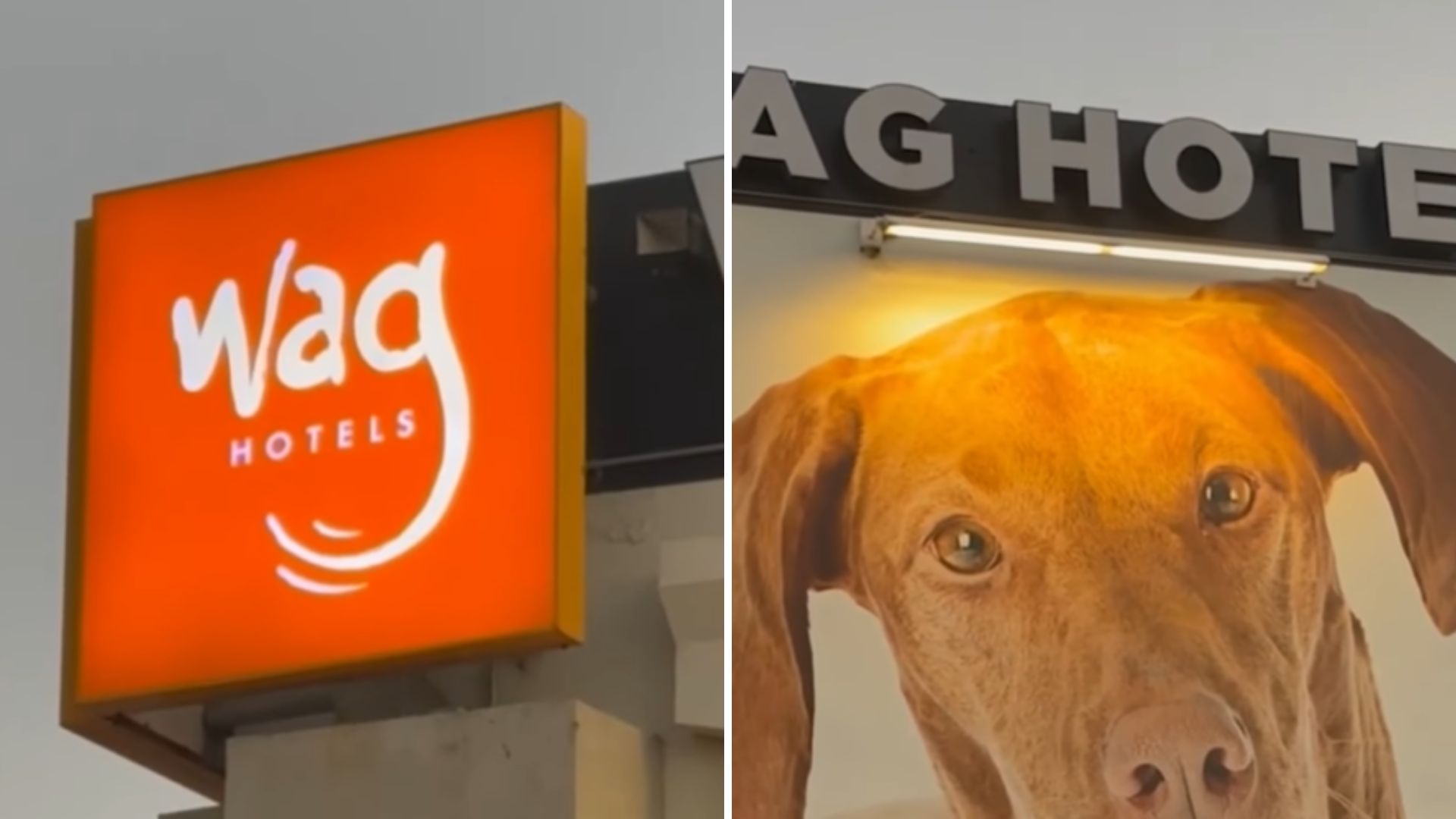
Dropping your dog off at a boarding facility should feel safe and reassuring, but recent events have cast a shadow over that trust at Wag Hotels, a well-known dog hotel chain in the Bay Area.
The company agreed to a $150,000 settlement following a consumer protection lawsuit brought by multiple local prosecutors, after serious concerns were raised about the care and safety of animals in their facilities.
Investigators uncovered several troubling issues. Wag Hotels reportedly did not notify local health authorities when dog bite incidents occurred, a critical oversight that endangered both staff and pets.

In addition, the hotel’s staff training on animal handling and safety procedures was reportedly insufficient, and inspections revealed problems with hygiene and pest control, raising questions about whether the facility was maintaining the standards expected by pet owners.
Santa Clara County District Attorney Jeff Rosen emphasized the responsibility involved in caring for pets, in a statement released by the County of Santa Clara:
“Pets are family. When you leave a family member in someone else’s care, you are relying on that caretaker to provide the highest standard of safety, comfort, and care.”
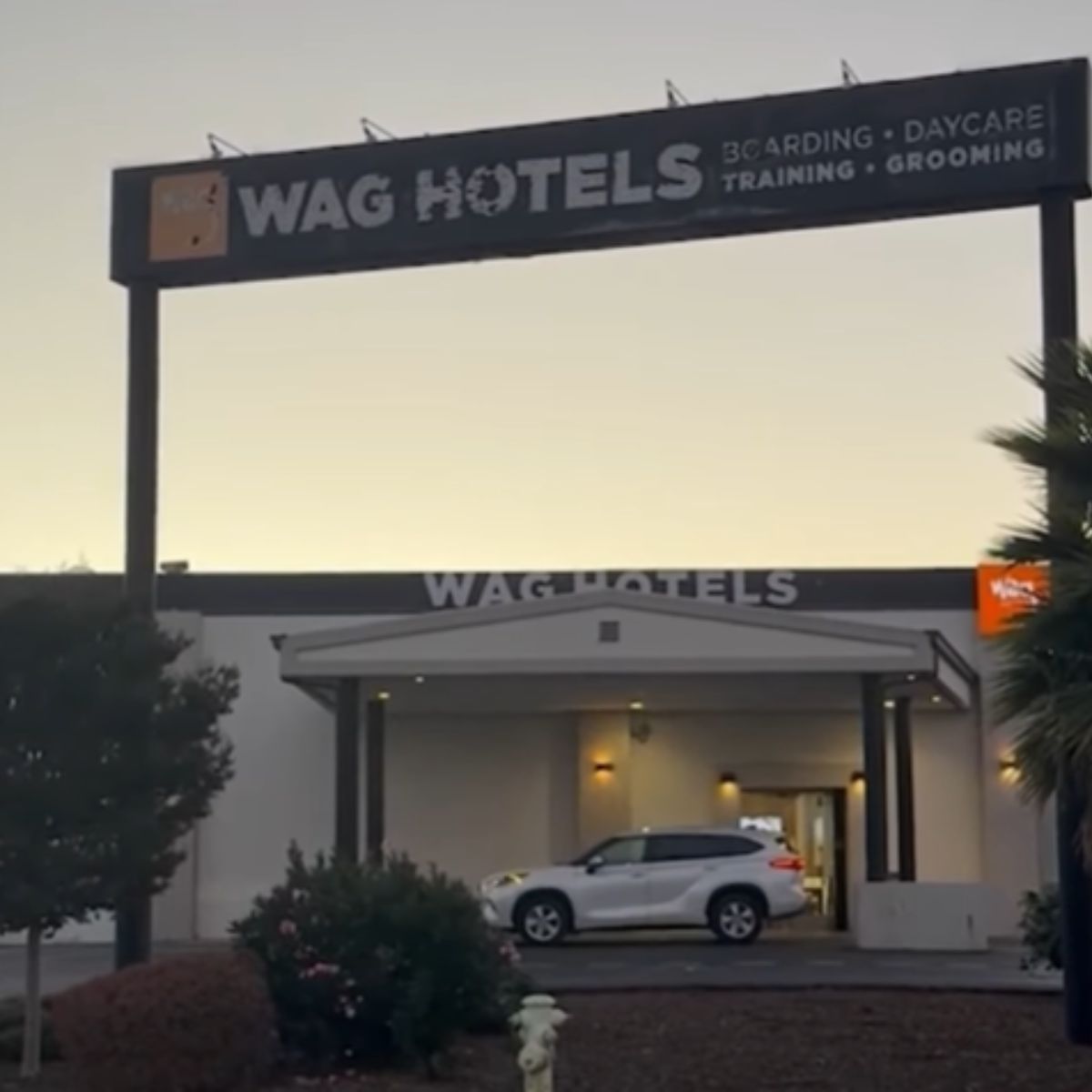
His statement underscores why these lapses were taken seriously and why strict oversight is crucial for any business entrusted with animals.
The legal action was a joint effort, with the Santa Clara County District Attorney’s Office collaborating with the San Francisco City Attorney and the San Mateo County District Attorney to evaluate Wag Hotels’ operations.
Together, they scrutinized the facility’s practices to ensure compliance with safety regulations and protection for both animals and staff.
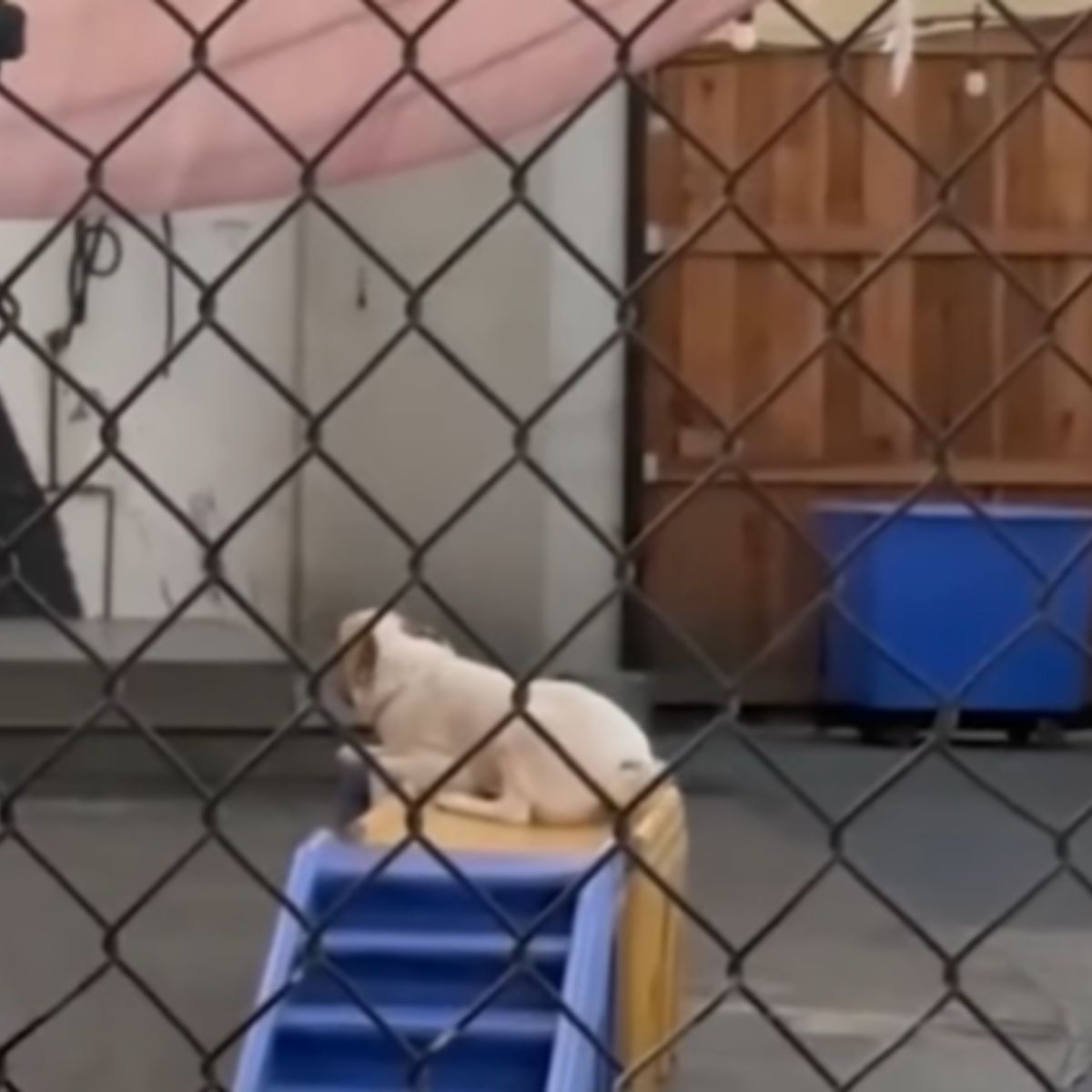
One incident highlighted the severity of the problems. At Wag’s Santa Clara location, a dog bit four employees, sending them to the hospital.
The attack was so serious that law enforcement became involved, illustrating the urgent need for comprehensive safety measures.
This case painted a picture of a facility struggling to uphold basic standards of care and responsibility for both its human and animal occupants.
Under the terms of the agreement, Wag Hotels will contribute $75,000 toward civil penalties and an additional $75,000 to offset investigative expenses, while also pledging to enhance employee training and strengthen safety measures across all their facilities.
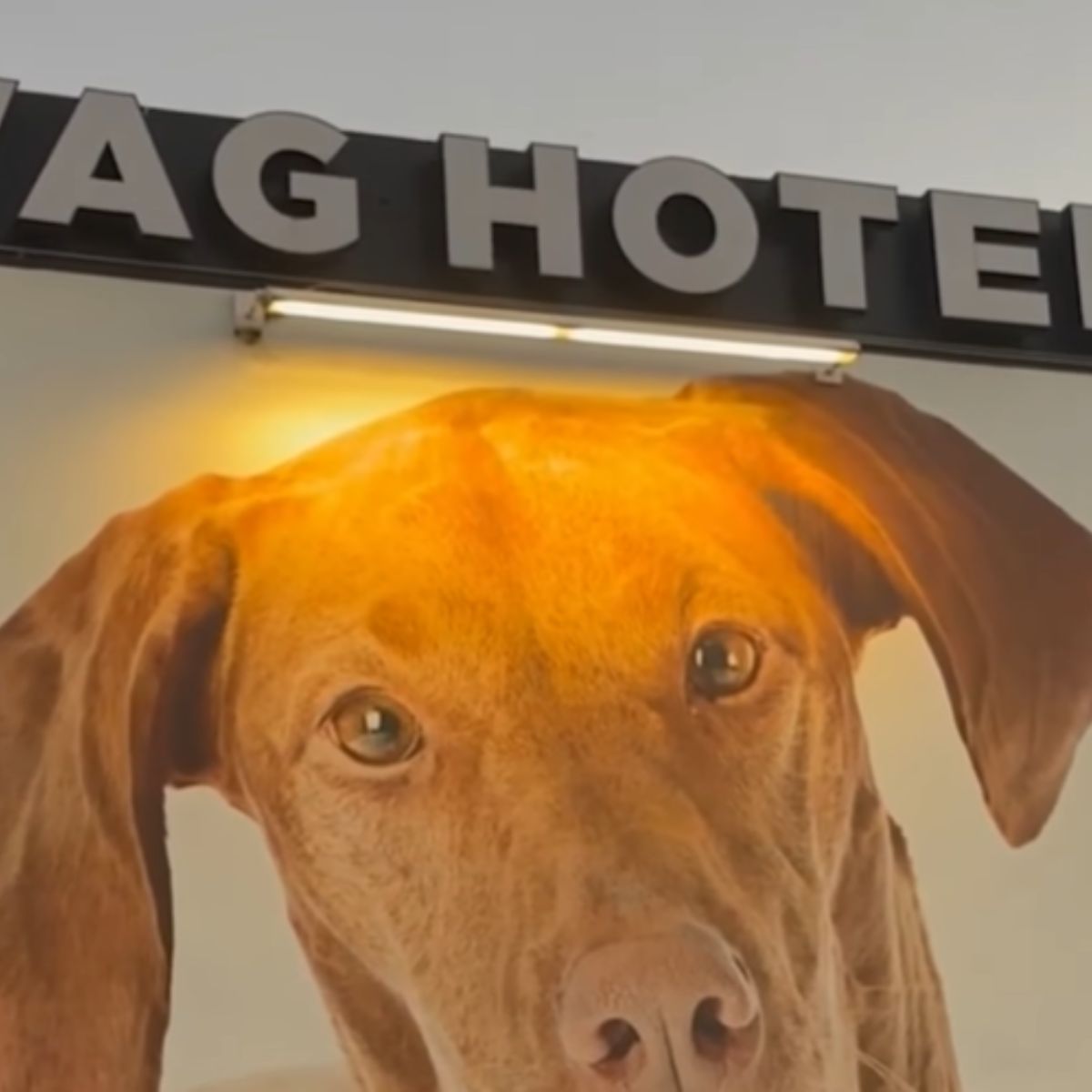
Beyond the financial terms of the settlement, Wag Hotels has agreed to make major operational changes to prevent future incidents.
The company must overhaul its safety protocols, improve employee training on animal care, and implement better supervision for dogs during playgroups.
A centerpiece of these reforms is a newly required Playgroup Safety Program, designed to ensure that dogs interacting in groups are carefully monitored at all times.
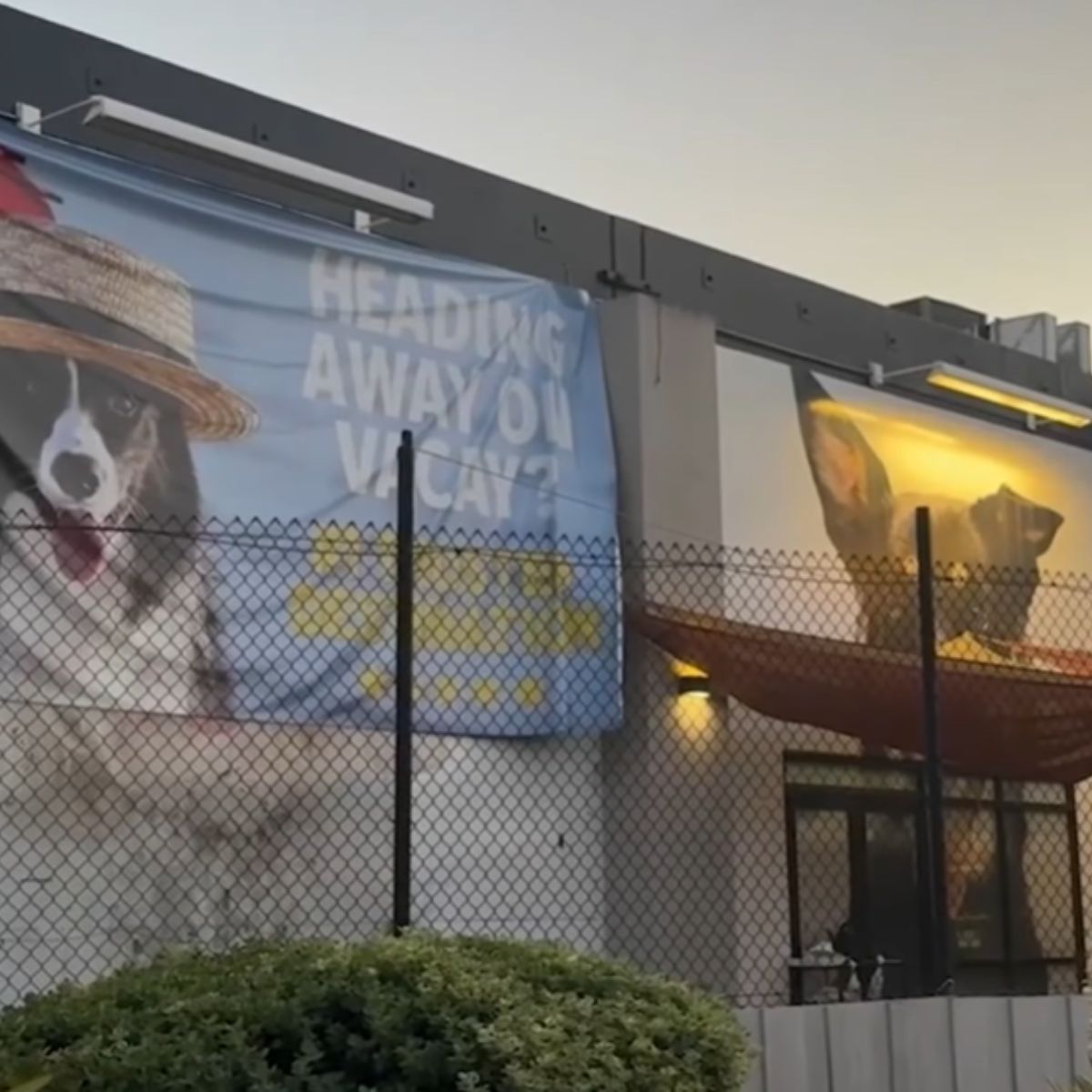
The program will standardize procedures for handling animals of different sizes and temperaments, helping staff identify potential conflicts before they escalate.
These measures aim to restore trust among pet owners who rely on Wag Hotels to provide safe, high-quality care.
By strengthening oversight and accountability, the settlement not only addresses past lapses but also seeks to protect both pets and employees in the future.
Pet owners can take this case as a reminder of the importance of asking questions, touring facilities, and confirming that proper protocols are in place when leaving their animals in someone else’s care.
With these changes, Wag Hotels has the opportunity to demonstrate that it is committed to the health, safety, and well-being of every animal under its roof.






